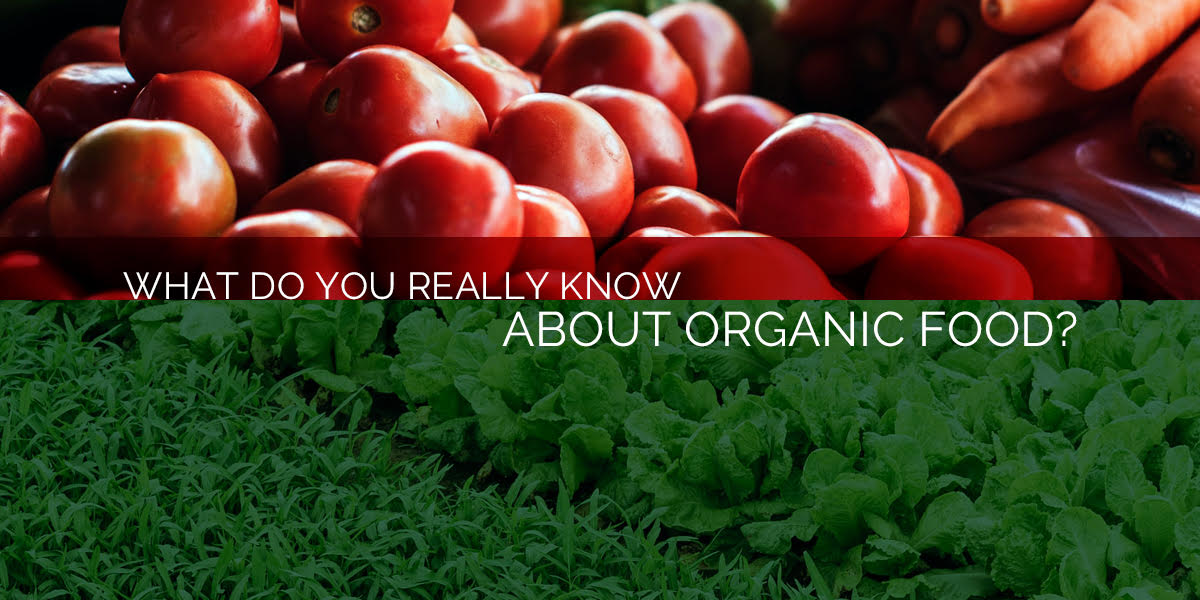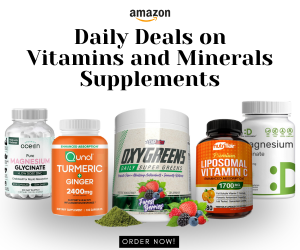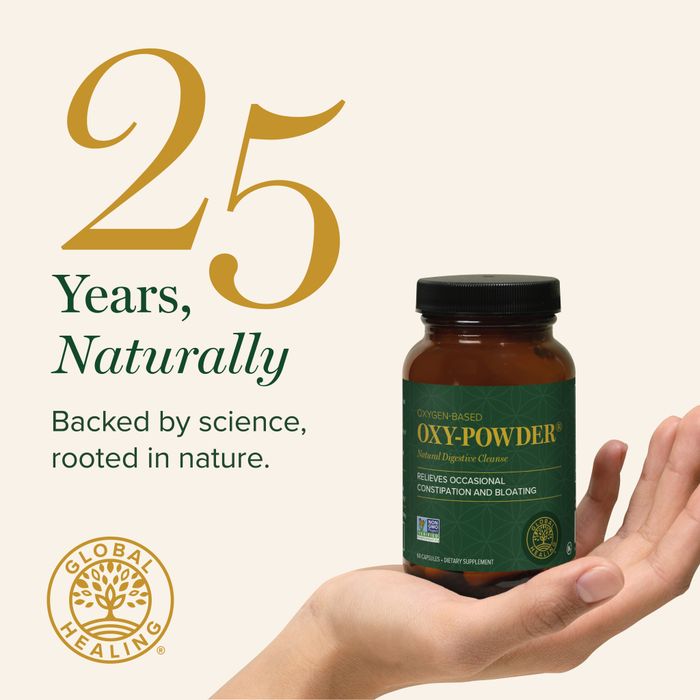
Since it landed in the aisles of Whole Foods, organic foods’ meteoric rise in sales has been seemingly unstoppable. If organic food was a company on the stock market, you would be kicking yourself for not investing earlier.
When asked why they prefer organic, many respond by saying “It’s healthier” or “it’s just better for me”. But what do we really know about the organic foods we eat? Let’s dive into some lesser-known facts about organic foods.
What You Should Know About Organic Foods
The organic standard is relatively young.
Before the organic standard was established in the US, any company could slap an “organic” label on its product. The confusion this caused consumers eventually led to an official standard being set by the USDA in February 2001.
Is organic food healthier? It’s complicated.
When compared head-to-head, organic berries have higher amounts of beneficial plant compounds like anthocyanins. Yet, conventional produce also has its advantages, boasting higher amounts of vitamin E in beans and greater fiber content in grains.
The effects of organic food on the environment are mixed.
There are pros and cons to organic agriculture. Organic farming tends to produce more fertilizer runoff (mostly nitrogen and phosphorus), which can pollute nearby water sources. Yet, organic agriculture also tends to emit fewer greenhouse gasses compared to its conventional counterpart.
Organic food is tested for pesticide residue, but there’s a catch.
The USDA’s Pesticide Data Program (PDP) tests for pesticides that are not approved for use on organic foods. This testing is done to catch farmers using unauthorized pesticides on their organic farms. The catch? It doesn’t actually test for pesticides approved for use in organic agriculture.
It can take years for a farm to become USDA Certified Organic.
The USDA maintains the organic certification standard that farms have to adhere to. Yet, the certification process may take 3 years (or more). Organic farms must follow certain practices regarding animal welfare, soil quality, and weed control to become, and remain, certified.
Tips About Organic Food
- All produce, be it organic or conventional, should be rinsed with water before eating to wash off any remaining pesticide residue. Specialty products promising to remove pesticides are largely unnecessary. Water will do the job great!
- If animal welfare is a concern, some third-party certification programs go above and beyond what is required by law for animals raised on organic farms. Two certifications to look for are the Animal Welfare Approved certification and Global Animal Partnership-Certified (GAP-Certified) label.
- Getting a farm organic certified can be a long and expensive process. Many farmers that sell through local farmers’ markets or community-supported agriculture (CSA) programs may not be able to afford the certification yet adhere to many of the tenets set out in the USDA organic standards. Chat up these local farmers to see how they run things on their farms!
- Organic junk food is still junk food! We’re all allowed to indulge in delicious foods (ice cream, anyone?) but don’t let the health halo of organic food fool you. A bag of organic deep-fried potato chips isn’t more healthful for you.
Still got burning questions about organic food? The USDA has a long-running blog series called Organic 101 that covers all you could ever hope to learn about the production and regulation of organic food.








One Response